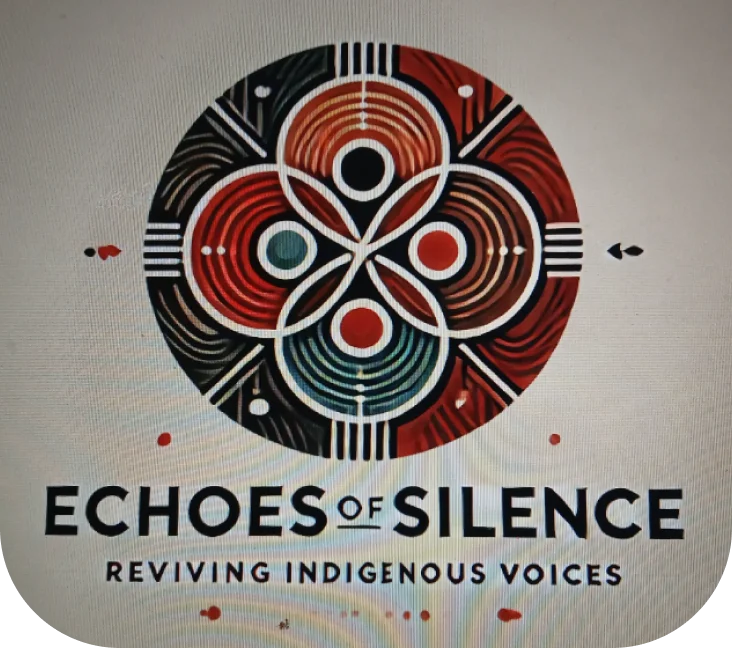Your Rights As A Family Member: Legal Steps For Indigenous Missing Person Cases

“Caitlin Potts, a 27-year-old Cree woman, vanished in 2016 from Kelowna, B.C. Her family begged for help, but the system dragged its feet. Sound familiar?”
Too many Indigenous families know this pain—someone goes missing, and the world shrugs. But you’ve got rights to push back, even when it feels hopeless.
This guide spells out your rights in Indigenous missing person cases, with tools like the Reviving Indigenous Voices (RIV) app to keep you going.
This is based on what’s out there as of March 11, 2025—check your local laws too.
Acting Fast When They’re Gone
Forget that 24-48 hour wait to report someone missing. It’s nonsense, and it’s cost families like Caitlin’s precious time.

You have the right to:
- Report it now—no waiting
- Make them listen, no matter who’s missing
- Ask for Indigenous officers if they’re around
- Get updates on what they’re doing
- Push for help across borders—tribal, local, whatever
When Caitlin disappeared, her mom called right away. Nothing happened fast. If they’d known their rights, maybe it’d be different.
Move quick—your rights kick in day one.
Getting Answers You Deserve
When you’ve got facts, you’re not just sitting there helpless. It’s your case too.
You have the right to:
- Grab copies of public police reports
- Check Crime Stoppers tips that aren’t secret
- File a FOIA request if things stall out
- Ask why they’re holding stuff back—in writing
- Bring in victim services to dig for you
Families along the Highway of Tears got reports through FOIA. It showed holes—and got people talking.
What You Want How to Get It Police Reports Call or visit the station FOIA Stuff File it online or by mail Victim Help Reach your local office
You’ve got a right to the truth—ask for it.
Keeping Your Ways in the Fight
Caitlin’s case got messy because police didn’t get her community. That happens too much.
You have the right to:
- Ask for interviews that feel right to your people
- Use old ways—like elder-led searches
- Make them respect your traditions
- Get translators if words don’t match up
- Call in tribal leaders, even off the rez
In B.C., families got elders out searching. They found signs police walked past.
Your ways matter—bring them in.
Calling for Backup
When the local system flops, you’ve got options.
You have the right to:
- Reach out to groups like EchoesofSilence.Life
- Use the RIV app to send alerts fast
- Ask bigger agencies—like RCMP—to step up
- Push for a cold case look if it’s stuck
- Talk to human rights folks who get Indigenous fights
The RIV app’s free—grab it and start sharing alerts.
Help’s out there—don’t wait to grab it.
Hanging On When It’s Slow
Caitlin’s case still sits open. That’s tough, but you’ve got pull.
You have the right to:
- Ask for updates—years don’t cancel that
- Get a new team to check it out
- Look for victim cash in your area
- Keep them searching with resources
- Push for public calls for tips
In Manitoba, families bugged police ’til a cold case unit took over. New leads popped up.
Time doesn’t stop your rights—keep pushing.
Doing It Yourself
If police sit still, you don’t have to.
You have the right to:
- Hire a private eye if you can
- Search public spots with your crew
- Print flyers and hand ’em out
- Chat with media about what’s wrong
- Hit Echo Alert on RIV to wake people up
Alberta families made flyers—TV picked it up, and tips rolled in.
You can move the needle—start today.
Standing Up with EchoesofSilence.Life
Caitlin Potts’ family shouldn’t be alone—none should. Your rights and tools like RIV give you a shot at justice.
Grab the RIV app, share Caitlin’s story with #MMIWG2S, and stand up for every missing Indigenous person.
You’ve got this—fight with us now.
